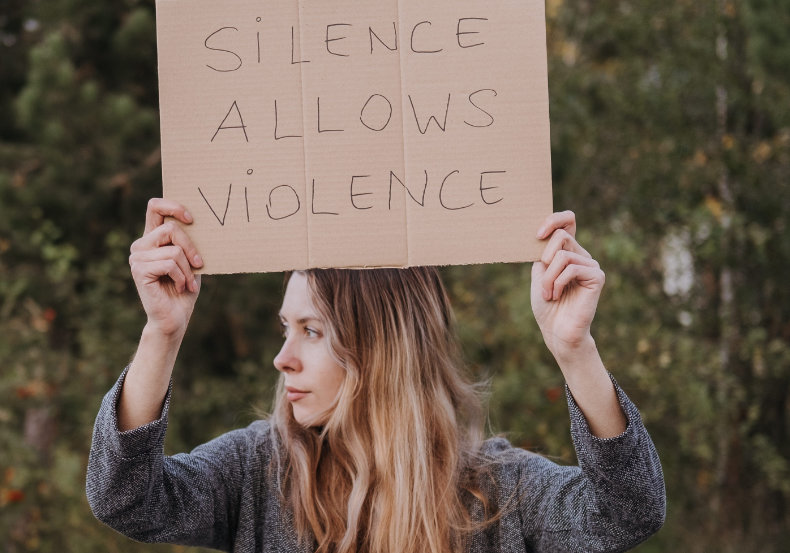The disappearance and death of Sarah Everard in March this year has created a sense of grief, horror, and fear in us all.
The seemingly random connection of Sarah as victim to her perpetrator, like Libby Squire before her, brings home the vulnerability women face in their daily lives, and the stark reality of gender-based crime committed by strangers, let alone those known and trusted to us.
2 women a week are killed by a partner or ex-partner but fail to make headline news.
Does anybody even remember the name Cristina Magda-Calancea? Murdered in 2018 at the age of 26 by her ex-partner, and her colleague, in a brutal knife attack.
In this case, a domestic homicide review panel was assembled, and found earlier this year (her) employers still did not understand the benefit of investing in domestic abuse awareness, and it was “disappointing” her employment agency had provided little information to staff. The government have echoed this sentiment that employers “have a duty” to support staff who suffer domestic abuse, yet embarrassingly few have policies in place. The age-old stigma still exists that abuse is only real if its physical, an outdated and inaccurate judgement, but undoubtedly there is a lack of awareness, and confidence, on how to support survivors.
Domestic abuse is estimated to cost the UK economy £66bn a year, the majority in repairing the physical and psychological harm done to survivors, funding specialist services and the spending required to deal with the consequences across the NHS and criminal justice system. But let us not underestimate the cost of lost economic output, absenteeism, financial control preventing women even working, and the grim reality of being forced to flee employment just to be safe.
What if we reframe this as an opportunity for employers to take the lead? Managers and colleagues are in a unique position of regular and frequent interaction with a victim of abuse and can be easily educated on how to spot the signs. Few businesses are unable to provide a physically safe space for a victim to disclose or make a simple phone call to seek outside specialist support. HR departments and managers can be trained to provide a deeper level of support without invading privacy or confidentiality. Domestic abuse policies do not need to be expensive but are critical in tackling this pandemic, acknowledging its impact and the need to reduce it.
With 1 in 4 women experiencing abuse in their lifetime, the solution to ending this cycle is neither simple nor straightforward, but we can help by recognising and raising awareness of the traits and impact of abuse, protecting survivors with provision of emotional and practical support, and pursuing prevention through enhanced awareness, education, and training.
Sources:
https://www.bbc.co.uk/news/uk-england-norfolk-55815959
https://www.bbc.co.uk/news/business-55644222

